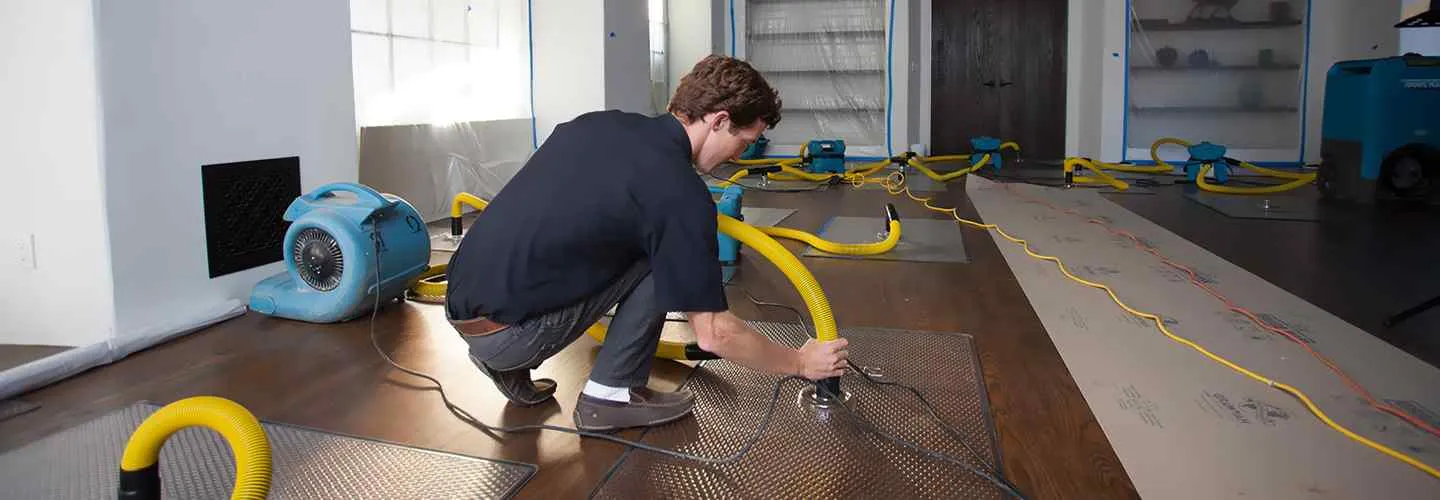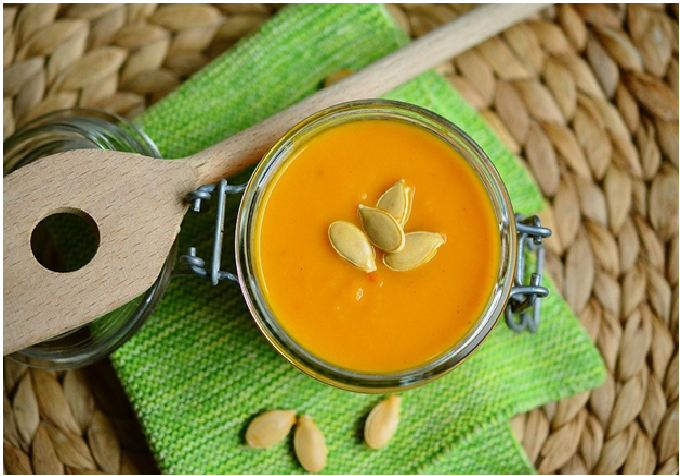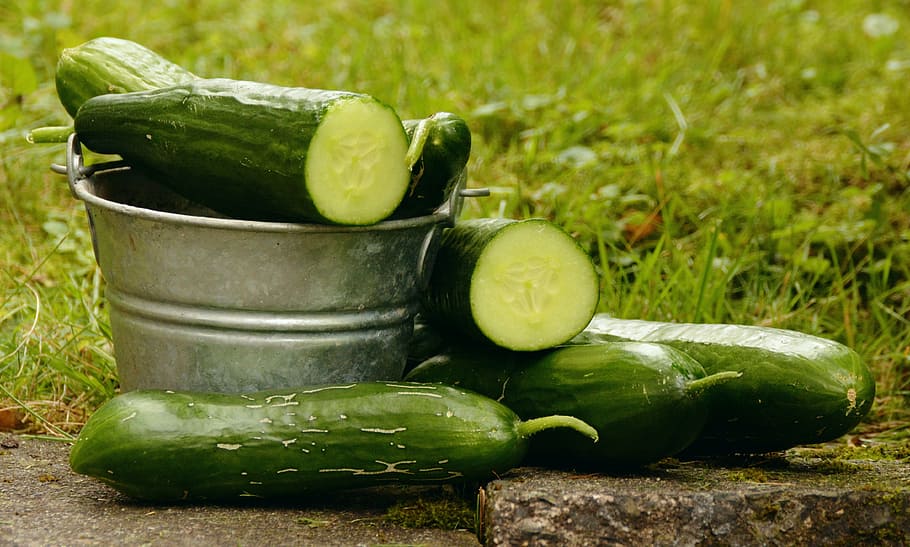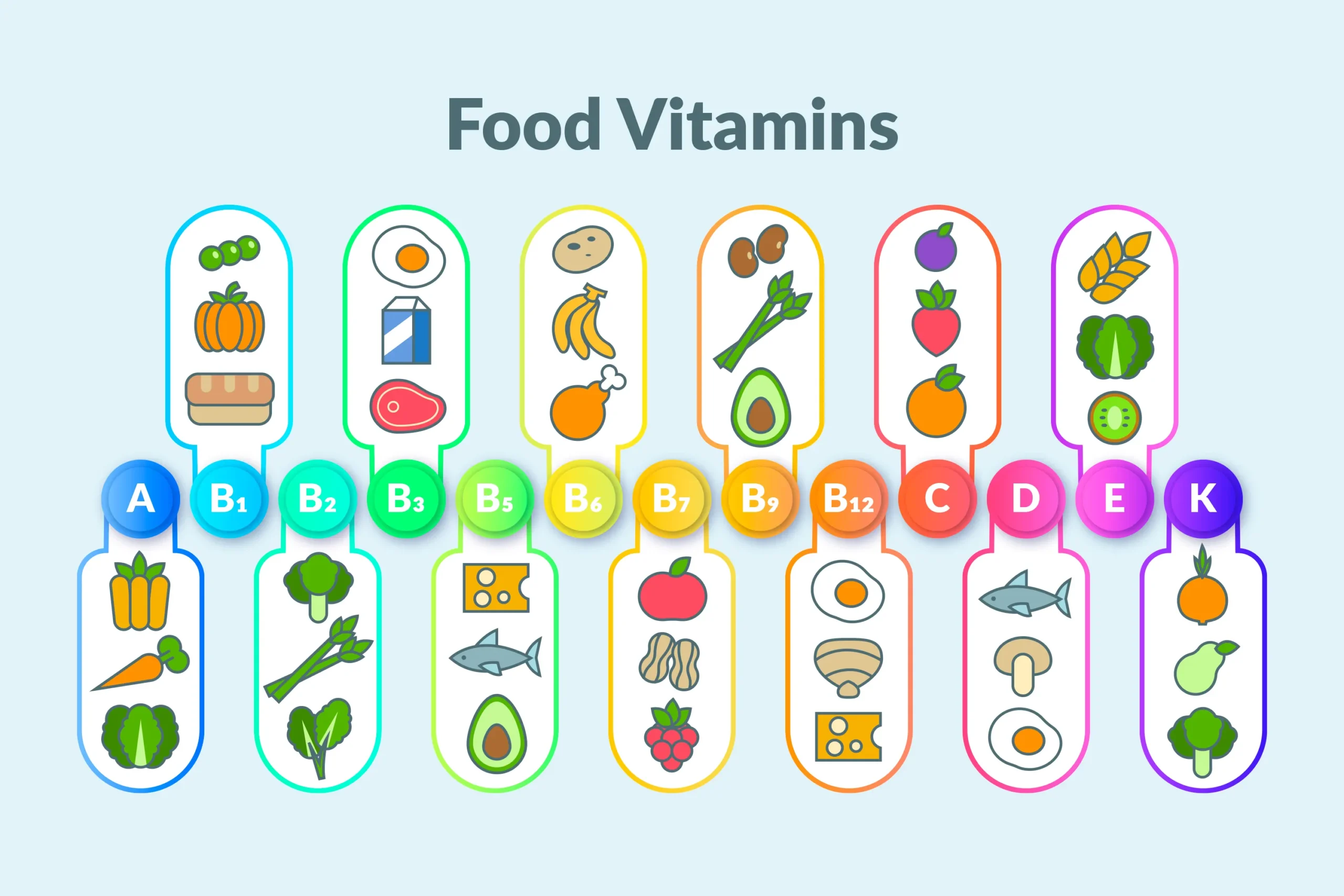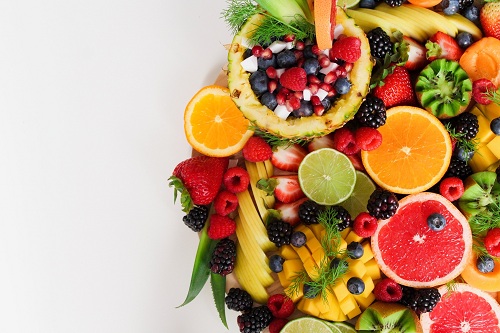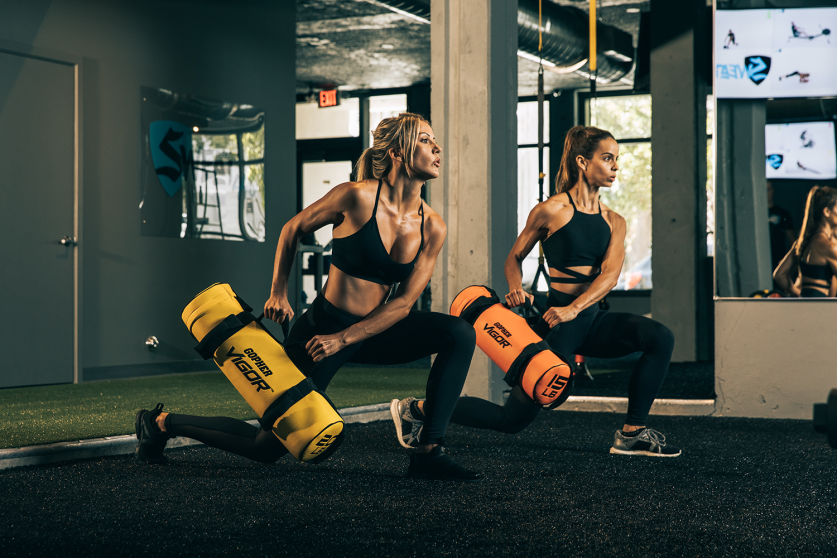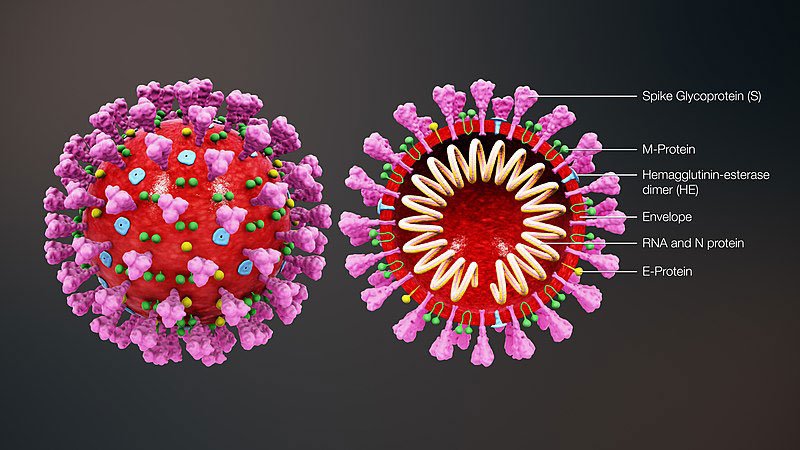Where Stainless Steel is Used in the Food Industry: Critical Applications and Ideal Materials?
In the process of food making, they need equipment, and this equipment or these tools can't be made from any material, as it can create hygiene issues, which is why mixers and blenders are made from stainless steel to prevent the cooking utensils. Corrosion is a big problem, and because of that, stainless steel 304 plate supplier is generally used because corrosion can cause infections, too. stainless steel 304 plate supplier, do all the big construction like a big machine to grind and other work.

Demand for corrosive atmosphere stainless steel 316
Stainless steel 316 plate supplier is a better option in processing areas where corrosive agents such as salt, acid, or other substances are used, such as in pickling or seafood production. Due to its strong rust resistance due to its molybdenum concentration, it is perfect for use in environments that are rigid. Tools such as evaporators, sterilizers, and washing units provide better security. A reliable stainless steel 316 plate supplier. These materials meet food industry standards, especially in cleaning and sterilization areas where corrosion is a significant concern.
Pressure and Strength in Dairy and Beverage Plants
In dairy and beverage plants, piping and pressure vessels are often subjected to both acidic fluid and high temperatures. For this reason, duplex 2205 plates are becoming increasingly popular. This standard doubles the strength of austenitic stainless steels and opposes the stress corrosion cracks. This makes it ideal for westernizers, heat exchanges, and fermentation tanks. The use of duplex steel ensures that the plant product maintains purity and safety while also enjoying extended service life and low maintenance costs.
High chloride applications like super duplex 2507
When food processing involves high levels of chlorides, such as in fish processing or salty production, the super duplex 2507 plate helps in this case. Super duplex materials reduce downtime due to corresponding failures and ensure that high cleaning standards are maintained.
Specialty Alloys for High-Performance Requirements
Specific procedures in the food industry, such as fatty acids, taste extracts, or essential oils, may require the use of nickel alloys. Inconel 625 plate, for example, is used in an environment where temperature and corrosion resistance must be at their highest level. In high-temperature processing or extraction systems, this alloy is stable and safe. Similarly, Hastelloy C276 plate is ideal for aggressive chemical cleaning systems, and Monel 400 plate can be found in devices that handle high-salt products such as salt-based snacks or sauces. These alloys ensure longevity even in extreme conditions.
Heat-treated steel for baking and cooking applications
High temperature is a problem for baking items as iron or other materials are not useful, but ASTM A387 Grade 11 and ASTM A387 Grade 22 are used in food industries that help them in baking or frying. These chromium-molybdenum plates are often used in thermal oil boilers due to their extraordinary heat resistance in baking tray supports and furnace components. Their ability to maintain strength under heat makes them suitable for continuous operation in high-heat food production environments, where equipment failure may result in contamination and production stops.
External Cladding and Storage with Corten Steel
Even outside the main processing areas, material matters. For external cladding of food factories or external storage compartments, corten steel plate is used due to its rustic form and weather resistance. It creates a stable rust-like appearance after exposure to the weather, eliminating the need for painting while protecting the surface. In the food industry complexes and silos, the Corten steel provides aesthetic appeal and long-term protection against environmental conditions, effectively connecting style and function.

Conclusion
From food connectivity tools to external applications, the food industry depends a lot on a variety of stainless and special steels. Either a Hastelloy C276 plate, duplex 2205 plate, or stainless steel 304 plate supplier. Every day does a different function in reference to chemical resistance, to use each material every day. Food production is made safer, cleaner, and more effective by knowing where and why every grade of steel is used.




